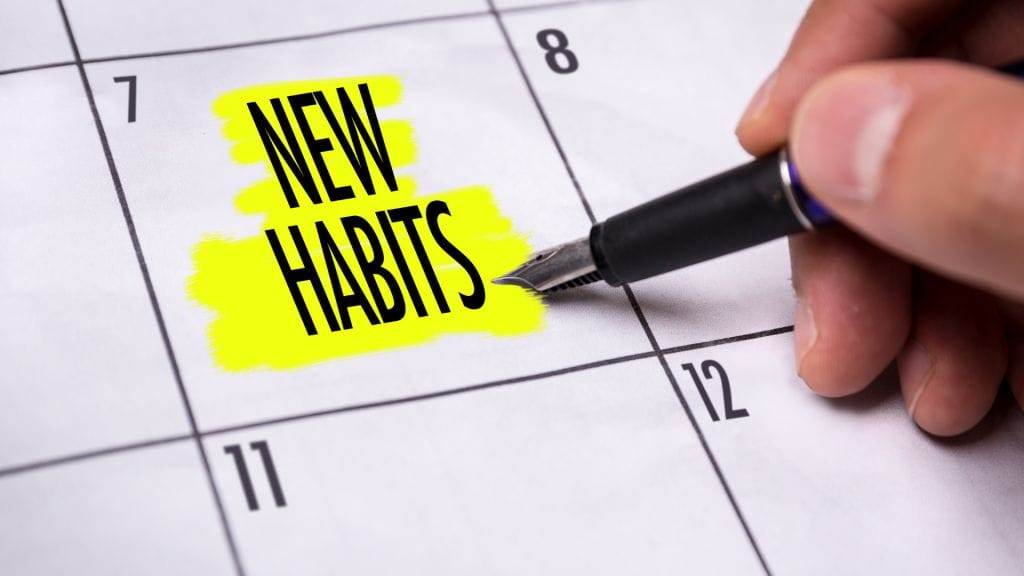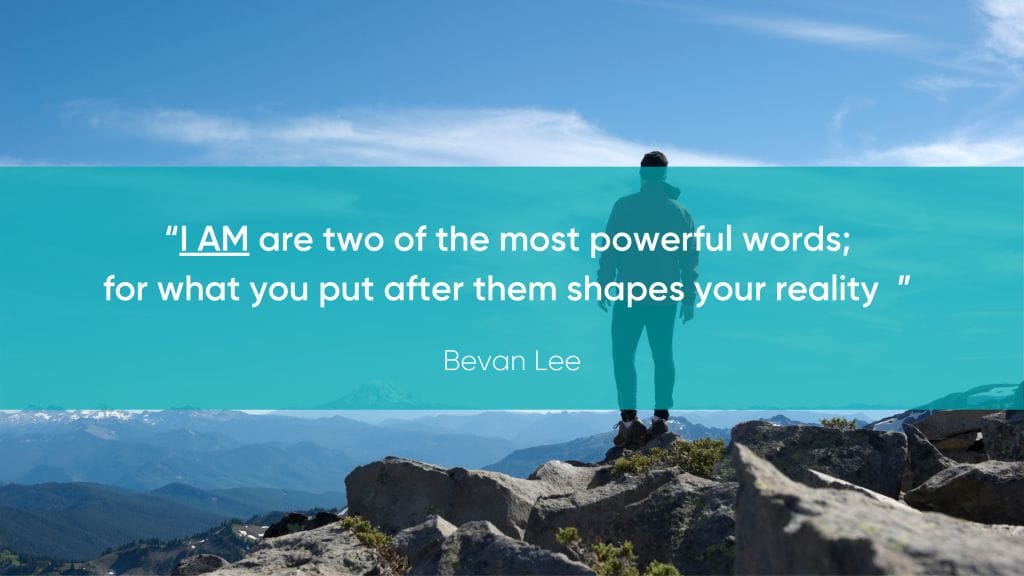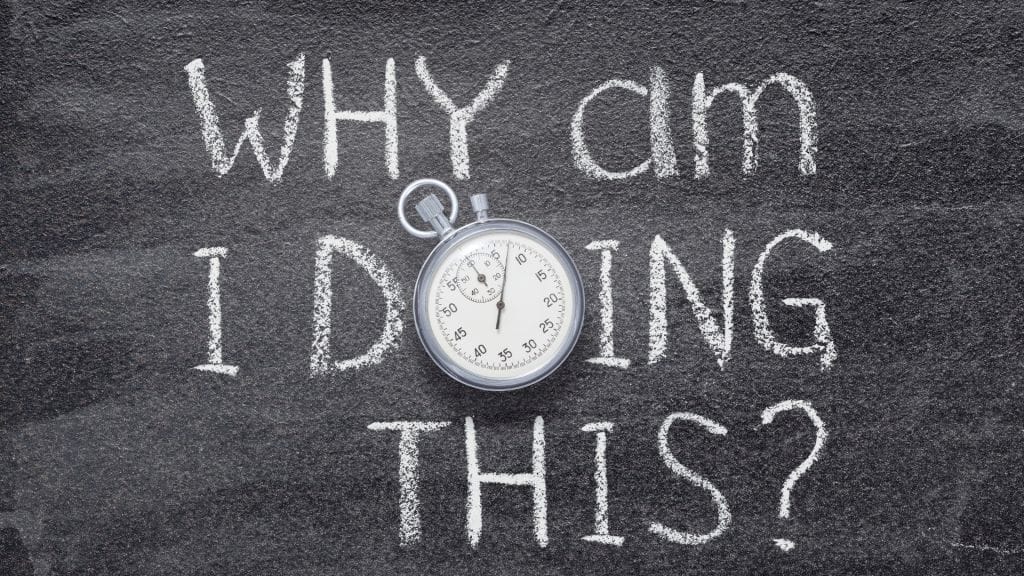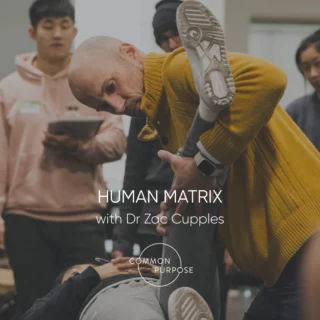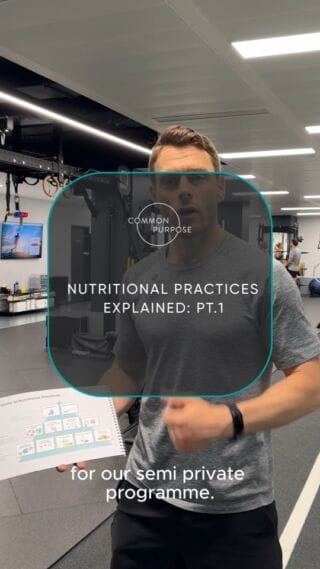Approximately 8 Minutes Reading Time
Brief Article Overview
- Contrary to popular belief, New Year resolutions can be an effective and necessary step towards self-betterment.
- New Year resolutions get a bad reputation because most people don’t follow through with them or give up on them by February. At Common Purpose Club we believe that guidance and support are key in ensuring that new year resolutions last.
- Motivation for change is a good thing, but it’s transient. This is partially down to something called “Ego Depletion”, whereby self-control and willpower are finite resources. Discipline and consistency help establish new habits.
- Habits account for 40% of all of our daily decisions and actions, so are extremely important to develop a positive lifestyle change.
- So here’s the strategy in the nutshell:
- Plan, Organise, and Schedule – Front-load your efforts and decisions should prevent you from falling into the inevitable traps associated with “winging it”.
- Adopt a Long-Term, Optimistic Mindset – Progress is not linear and always takes longer than you expect. There will be ups, downs, and plateaus. The only failure is giving up, and remember that every mistake or deviation from the plan is an opportunity to learn and get back on track.
- Shift your Personal Identity – Have you ever heard of “fake it, until you make it”? Well, there’s some truth to this notion. Your words and thoughts have a powerful effect on your state of mind. For example, telling yourself (or others) “I will” or “I am” instead of “I might” or “I wish”.
- Find Your Why – Delving deep into your true reasons for action will reinforce your resilience when it gets difficult to stay on track towards your goal.
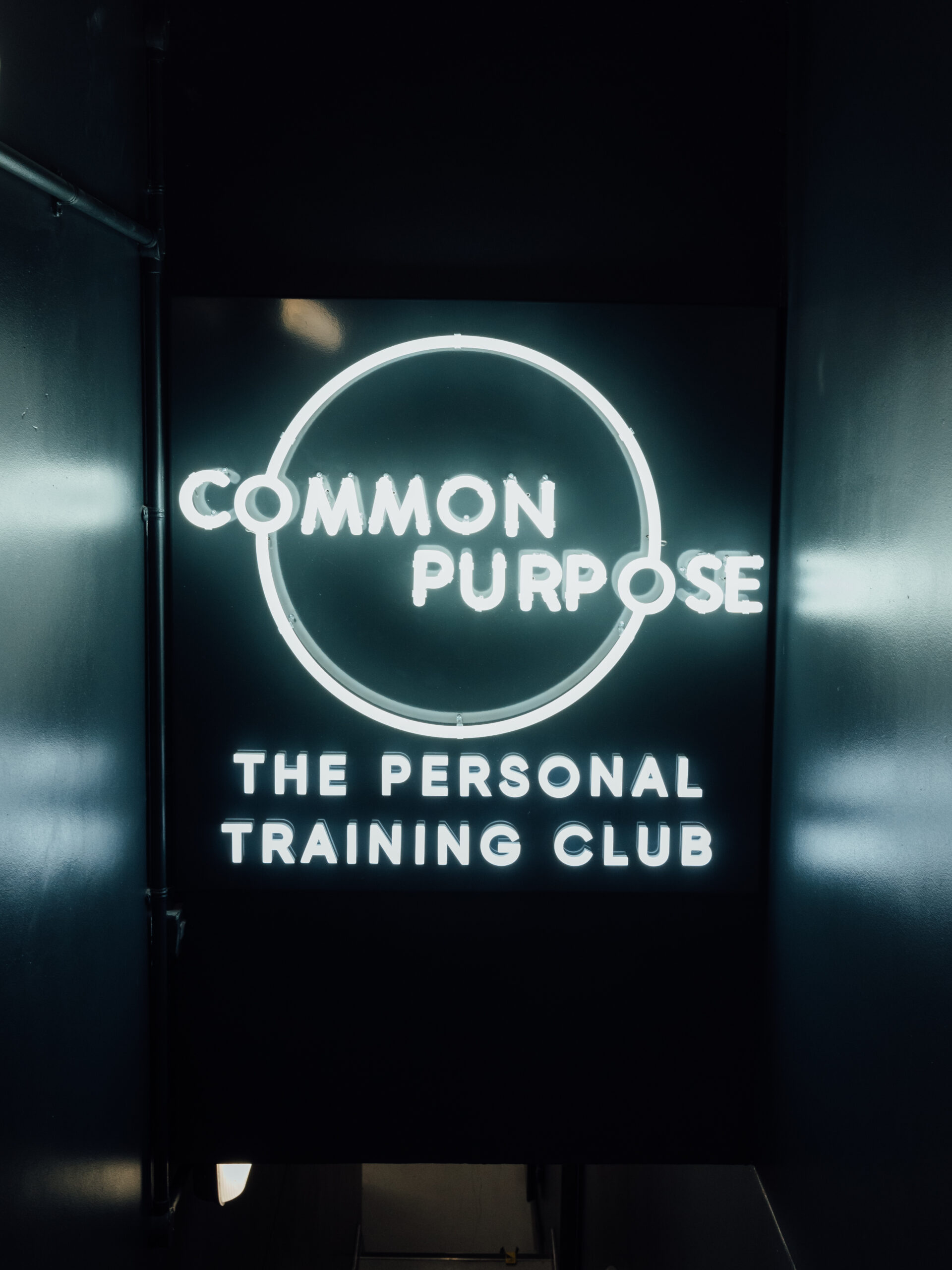 Common Purpose Team
Common Purpose Team
